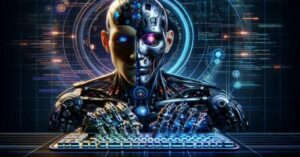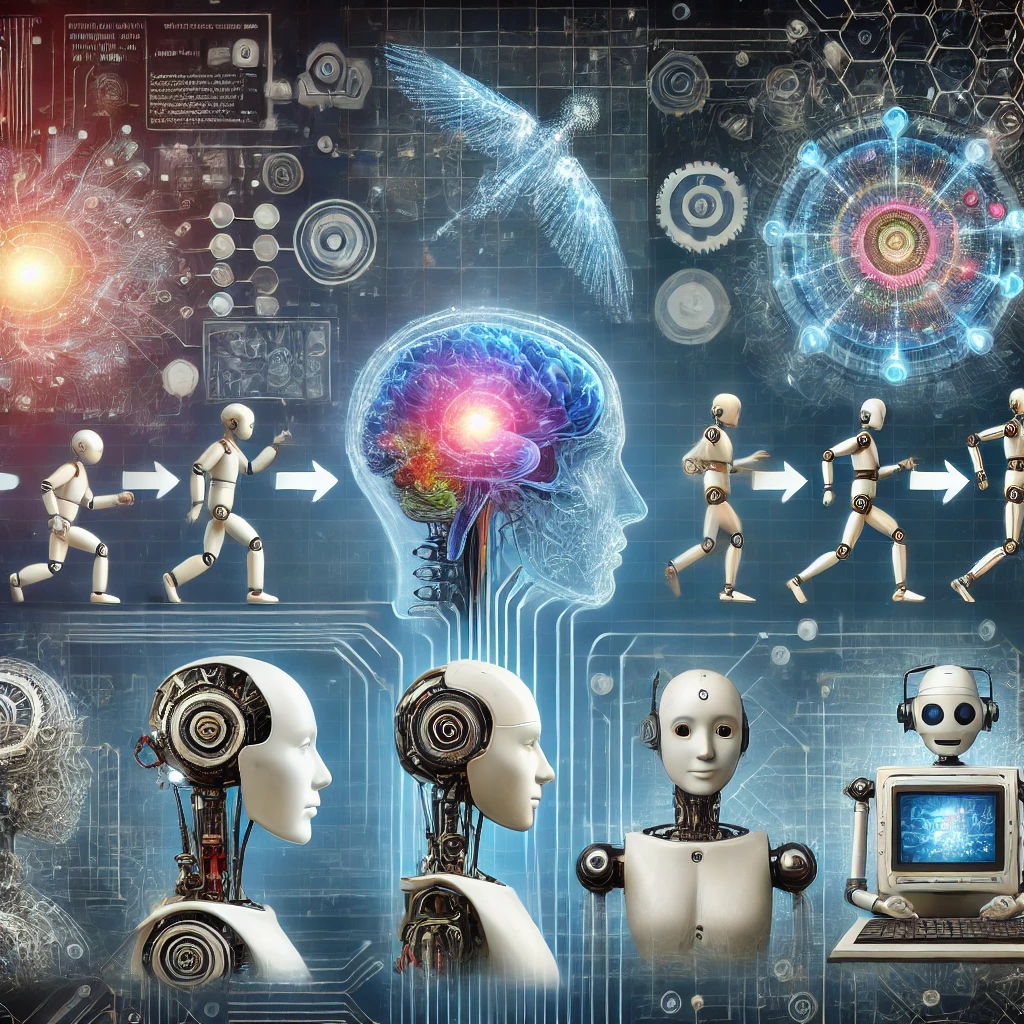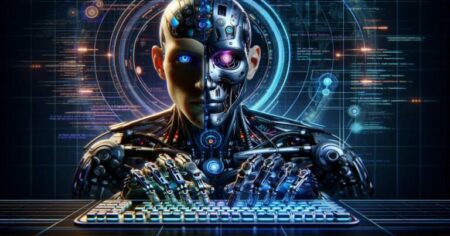Introduction
Artificial Intelligence (AI) has revolutionized the way we live, work, and interact with the world around us. From its early theoretical foundations to today’s advanced neural networks, AI has undergone a remarkable transformation. This article explores the fascinating journey of AI, its impact on various industries, and what lies ahead in its future.
The Origins of AI: A Brief History
The roots of AI trace back to the 1950s when pioneers like Alan Turing laid the groundwork for machine intelligence. Early milestones include:
- The Turing Test (1950): A benchmark to determine if a machine can exhibit human-like intelligence.
- The Dartmouth Conference (1956): Where the term “Artificial Intelligence” was coined, marking the formal beginning of AI research.
- Symbolic AI (1960s): Early AI systems focused on problem-solving using logic and rules.
These early efforts were limited by computational power and data availability, but they set the stage for future breakthroughs.
The AI Renaissance: From Machine Learning to Deep Learning
The advent of powerful computers and the internet in the 1990s and 2000s ushered in a new era for AI. Key advancements included:
- Machine Learning (ML): Systems learned from data rather than being explicitly programmed.
- Deep Learning: Using neural networks to achieve remarkable accuracy in tasks like image recognition and language translation.
- AI in Everyday Life: Personal assistants like Siri, Alexa, and Google Assistant became household names.
AI in Today’s World: Applications Across Industries
AI is no longer a niche technology; it has transformed numerous industries:
- Healthcare: AI assists in diagnosing diseases, personalizing treatments, and predicting outbreaks.
- Finance: Fraud detection, risk assessment, and algorithmic trading rely heavily on AI.
- Gaming: Adaptive AI opponents and immersive experiences are redefining entertainment.
- Transportation: Autonomous vehicles promise safer roads and more efficient logistics.
- Customer Service: Chatbots and virtual assistants enhance customer experiences.
Challenges and Ethical Considerations
While AI holds immense potential, it also raises significant ethical and practical concerns:
- Bias in Algorithms: How to ensure AI systems are fair and unbiased.
- Job Displacement: Balancing automation with employment opportunities.
- Privacy Concerns: Addressing the misuse of AI for surveillance or data breaches.
Organizations like OpenAI and UNESCO are working on frameworks to ensure responsible AI development.
The Future of AI: What Lies Ahead?
Experts predict that AI will continue to evolve in the coming decades:
- General AI: Moving beyond narrow AI to systems that can perform any intellectual task.
- AI and Quantum Computing: Faster and more complex computations.
- Human-Machine Collaboration: AI enhancing, not replacing, human capabilities.
FAQ: Frequently Asked Questions
1. What is Artificial Intelligence?
AI refers to systems or machines that mimic human intelligence to perform tasks and improve themselves based on the information they collect.
2. How is AI used in daily life?
AI powers search engines, recommendation algorithms, virtual assistants, navigation apps, and even smart home devices.
3. Is AI a threat to humanity?
While AI has potential risks, its development is guided by ethical considerations to ensure it benefits humanity.
4. What are some popular AI tools?
Examples include TensorFlow, PyTorch, OpenAI’s GPT, and Google’s AutoML.
Conclusion
Artificial Intelligence has come a long way from its conceptual origins to becoming an integral part of modern society. While challenges persist, its potential to transform lives and industries remains boundless. Staying informed and involved is key to shaping a future where AI serves as a force for good.







